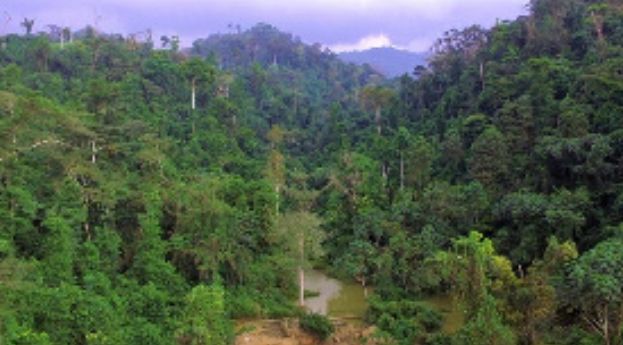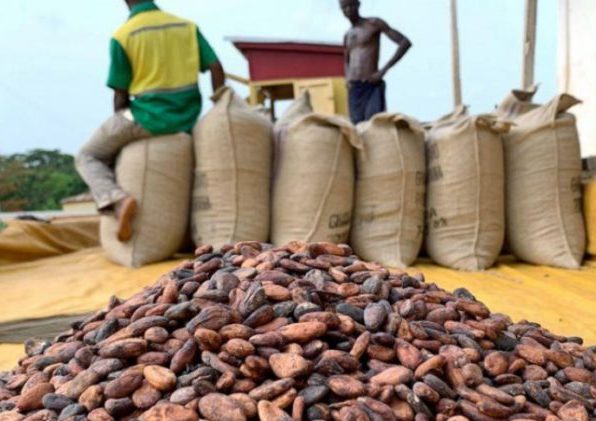The realities of island farming
For many, living on an island cannot be a big deal as they grew up with it, and living on the island becomes just a way of life. In this case, you don’t think about it as more challenging — at least not until you get into the farming business for yourself and start organizing inputs and that sort of thing.
Here in the Asuogyaman District of the Eastern Region, many farmers find themselves farming on some of the 60 islands within its jurisdiction.
One of the greatest limitations to island food production however is simply the lack of space for large-scale production! Many islands or archipelagos are tiny, with not enough land available to hold them.
Describing farming on the island as a good business nevertheless, Justice Appiah, one of such farmers has for over ten years now farmed on one of the islands located near Atimpoku.
He said he must cross the water body on a daily basis to reach his 35-acre farms bounded on all sides by the mass of water. According to him, though he had a boat, he was resorting to the use of a canoe today as it had broken down.
Without a doubt, farming on an island presents a unique set of challenges not faced by mainland farmers. As the farmers say, the biggest one is that everything that comes to or leaves the island needs to be ferried: fuel, feed, fertilizer, parts, small farm machinery, product and produce – literally everything.
Asked what dangers they faced crossing the river to reach their farms, the farmer mentioned the rains endangered their lives when it comes down as it hinders a smooth ferry in their canoes across the lake to and from the island.
Under such circumstances, he said they must wait and cross after the rains.
During harvesting, boats and canoes are used to transport the food produced across the river to the mainland for onward transportation to the market centers and other clients, particularly the above sellers who happen to be his major customers.
On the 35-acre piece of the island, Justice Appiah cultivates cassava, maize, mangoes, plantain, etc. As a farmer who also owns a farm on the mainland, he said he reaps more bountifully from the island than on the mountain where his other farm is located.
Just as is done in mainland farming, the island farmers resort to irrigation to water their crops. Explaining this, Mr. Antwi Tenadu, another island farmer said the process was necessary for their vegetable cultivation such as cucumber, squash, yellow melon, etc., especially during the dry season.
Lamenting over the high cost of irrigation, the farmer said the process costs them thousands of cedis per season to ensure that water is pumped to their farms to keep the crops from dying. “Irrigating one-acre farm it’ll cost you not less than GH₵5,000, in the dry season when the harmattan comes,” he disclosed.
Unfortunately, he said a pumping machine positioned at the bank of the river to power the irrigation pipes had broken down.
One particular challenge faced by the island farmers is their inability to plow their lands with farm machinery as they do not have the means to get them to the locations to help in their farming activities.
To address the problem, the farmers have no option but rely on portable and smaller handheld equipment such as mowers to help them carry out some of the activities.
“It is a problem [that farm machinery cannot come here], if you can get a hand mower, it’ll help us to plow the land,” bemoaned Mr. Tenadu.
The island farmer noted that farmers sometimes met storms while crossing with the smaller canoes used by the farmers also at risk of being hit and possibly capsized by the water waves from bigger vessels speeding across the river.
He expressed regret over the high cost of inputs and appealed to the government to intervene to keep them in business.
Source: www.ghanaweb.com





